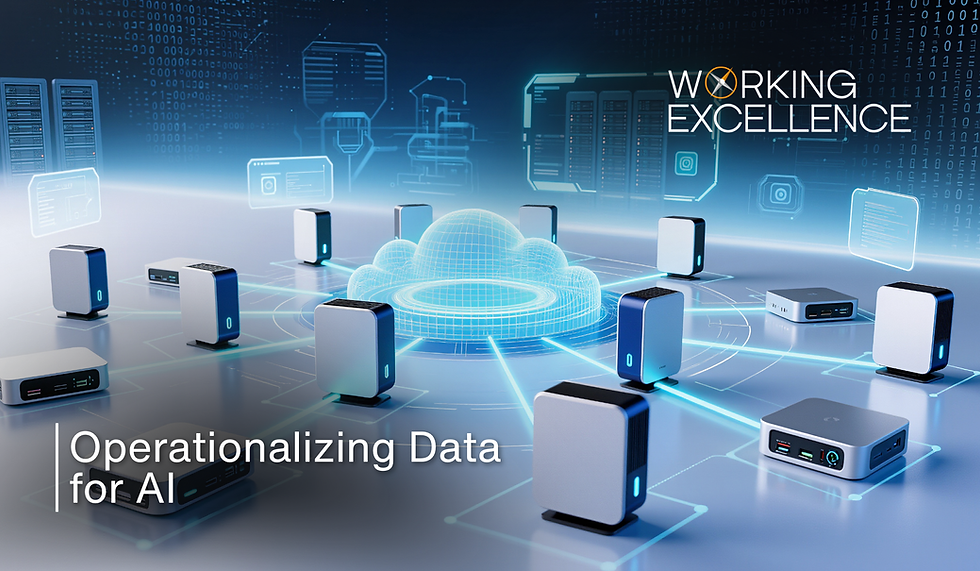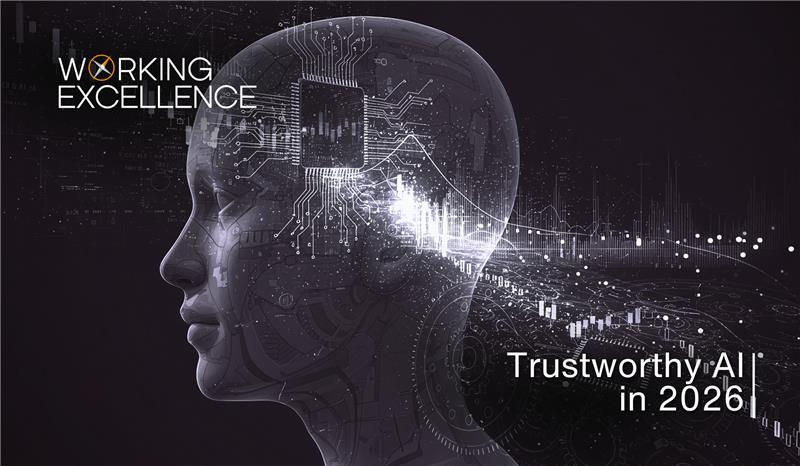Generative AI: Transforming Education and Ethical Considerations
- Jerry Garcia

- Dec 19, 2024
- 2 min read
The integration of Generative Artificial Intelligence (GenAI) tools in education is reshaping the learning landscape, offering both opportunities and challenges. As universities worldwide develop guidelines for responsible use, the conversation around academic integrity, data privacy, and ethical implications intensifies.
Key Takeaways
GenAI tools are increasingly used in educational settings, enhancing personalized learning and problem-solving.
Concerns about academic integrity and data privacy are prompting universities to establish clear guidelines.
Educators are encouraged to teach students about the ethical use of AI tools.
The Rise of Generative AI in Education
Generative AI, particularly large language models (LLMs) like ChatGPT, has gained traction in educational institutions since its release in late 2022. These tools can generate text, images, and even code, providing students and educators with innovative ways to enhance learning experiences. However, the unpredictable nature of GenAI outputs raises concerns about accuracy and reliability.
Ethical Implications and Academic Integrity
The rapid adoption of GenAI tools has sparked debates about their ethical implications. Key issues include:
Plagiarism and Unauthorized Assistance: The ease of generating content can lead to academic dishonesty.
Data Privacy: Protecting personal information while using AI tools is paramount.
Guidelines Development: Many institutions are moving from outright bans to creating comprehensive guidelines for responsible use.
Guidelines for Responsible Use
A recent survey of the world’s top universities revealed that 82% have developed guidelines for using GenAI tools. These guidelines typically include:
General Information: Introduction to GenAI, objectives, and scope of guidelines.
Usage Instructions: Clear rules on when and how to use GenAI tools, including the necessity of instructor approval for assignments.
Ethical and Legal Considerations: Emphasis on maintaining academic integrity, data privacy, and proper citation of AI-generated content.
Teaching AI Literacy
As educators grapple with the implications of GenAI, there is a growing consensus on the need to teach students about its responsible use. This includes:
Understanding AI Limitations: Students should learn about the potential biases and inaccuracies in AI-generated content.
Critical Thinking Skills: Encouraging students to verify information and think critically about AI outputs.
Emotional Awareness: Educators should address the potential for students to form unhealthy attachments to AI tools, emphasizing the importance of human connections.
Conclusion
The integration of Generative AI in education presents a dual-edged sword. While it offers innovative learning opportunities, it also necessitates a reevaluation of academic integrity and ethical standards. As universities continue to refine their guidelines, the focus must remain on fostering an environment where technology enhances education without compromising ethical values.
Sources
Assessing the Guidelines on the Use of Generative Artificial Intelligence Tools in Universities: A Survey of the World’s Top 50 Universities, MDPI.
Generative AI Is My Research and Writing Partner. Should I Disclose It? | WIRED, WIRED.



